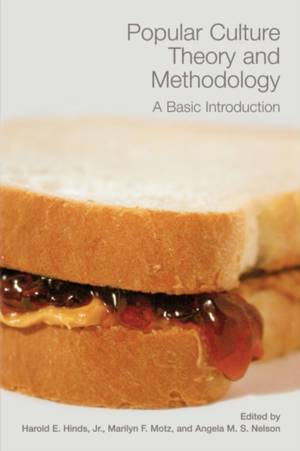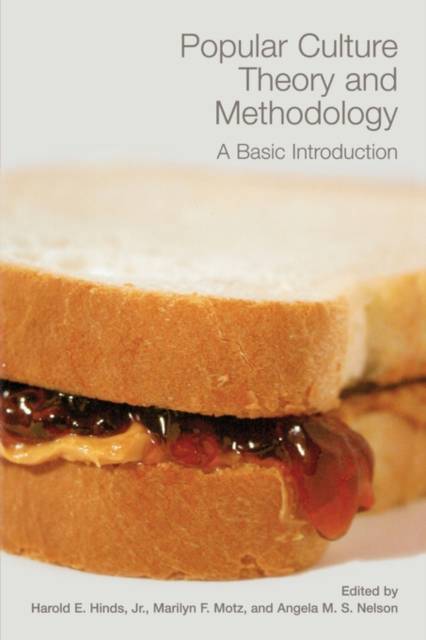
- Afhalen na 1 uur in een winkel met voorraad
- Gratis thuislevering in België vanaf € 30
- Ruim aanbod met 7 miljoen producten
- Afhalen na 1 uur in een winkel met voorraad
- Gratis thuislevering in België vanaf € 30
- Ruim aanbod met 7 miljoen producten
Zoeken
Popular Culture Theory and Methodology
A Basic Introduction
€ 32,45
+ 64 punten
Omschrijving
Since its birth in the 1960s, the study of popular culture has come a long way in defining its object, its purpose, and its place in academe. Emerging along the margins of a scholarly establishment that initially dismissed anything popular as unworthy of serious study-trivial, formulaic, easily digestible, escapist-early practitioners of the discipline stubbornly set about creating the theoretical and methodological framework upon which a deeper understanding could be founded. Through seminal essays that document the maturation of the field as it gradually made headway toward legitimacy, Popular Culture Theory and Methodology provides students of popular culture with both the historical context and the critical apparatus required for further growth. For all its progress, the study of popular culture remains a site of healthy questioning. What exactly is popular culture? How should it be studied? What forces come together in producing, disseminating, and consuming it? Is it always conformist, or has it the power to subvert, refashion, resist, and destabilize the status quo? How does it differ from folk culture, mass culture, commercial culture? Is the line between "high" and "low" merely arbitrary? Do the popular arts have a distinctive aesthetics? This collection offers a wide range of responses to these and similar questions. Edited by Harold E. Hinds, Jr., Marilyn F. Motz, and Angela M. S. Nelson, Popular Culture Theory and Methodology charts some of the key turning points in the "culture wars" and leads us through the central debates in this fast developing discipline. Authors of the more than two dozen studies, several of which are newly published here include John Cawelti, Russel B. Nye, Ray B. Browne, Fred E. H. Schroeder, John Fiske, Lawrence Mintz, David Feldman, Roger Rollin, Harold Schechter, S. Elizabeth Bird, and Harold E. Hinds, Jr. A valuable bibliography completes the volume.
Specificaties
Betrokkenen
- Uitgeverij:
Inhoud
- Aantal bladzijden:
- 422
- Taal:
- Engels
- Reeks:
Eigenschappen
- Productcode (EAN):
- 9780879728717
- Verschijningsdatum:
- 17/02/2006
- Uitvoering:
- Paperback
- Formaat:
- Trade paperback (VS)
- Afmetingen:
- 151 mm x 229 mm
- Gewicht:
- 557 g

Alleen bij Standaard Boekhandel
+ 64 punten op je klantenkaart van Standaard Boekhandel
Beoordelingen
We publiceren alleen reviews die voldoen aan de voorwaarden voor reviews. Bekijk onze voorwaarden voor reviews.






